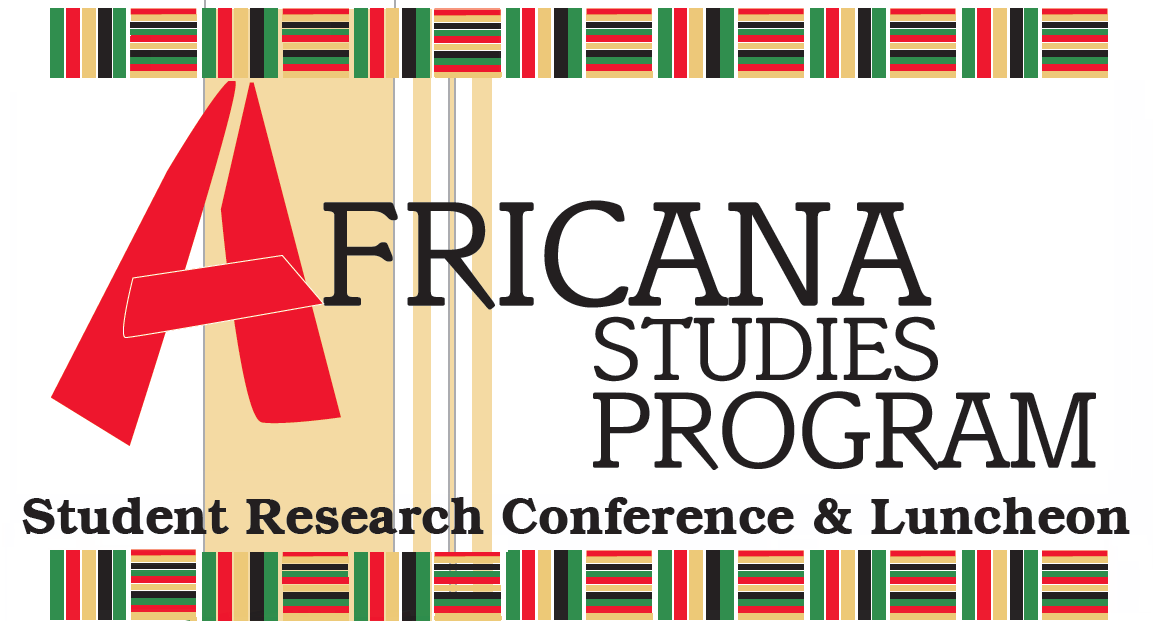
Panel 6: International Communication: Technology, Health, & Race
Prospects of Cyberfeminism as a New Medium for Gender Equity Work in African Cultures
Degree Program
Graduate
Major
American Culture Studies
Abstract
Since the advent of the internet, activism for socio-political change has witnessed tremendous advancement. Today, millions of people around the world use digital technologies and the internet for interaction and education. Like other groups, feminists have appropriated technology to advance their work through social media activism, website creation and management, and listservs among others. They regard technology as a force that has the potential to create new possibilities for women's advancement all over the world. While it is true that many people are left behind, in some cases with unfavorable conditions created by these same technologies, the importance of these technologies to women's advancement cannot be denied. Many Ghanaians have been using digital technology to interact with one another and connect with the rest of the world for about twenty years now. Realizing the potential of social media to improve gender equality work in Ghana, Ghanaian feminists took advantage of sites like Facebook to organize and reach audiences in ways that were not possible before. This research looks at the work of Ghanaian cyberfeminist group, PDM, its significance to women's empowerment in Ghana and implications for the conceptualization of Cyberfeminism. Focus is placed on questions regarding the effectiveness (and ineffectiveness) of Cyberfeminism to challenge and eradicate discriminatory gender norms in African cultures. The paper discusses technology-aided hostility towards women such as the use of the internet by Ghanaian public to harass and undermine PDM and its work. The researcher argues that digital technologies and the internet are double-edged swords that enable gender equality and equity advocates and activists in countries like Ghana to organize and reach wider audiences within a short period of time, but at the same time serve as mediums through which feminists and women are attacked and feminist work is limited. The research uncovers how place (socio-economic conditions), culture (traditional norms and practices), gender and technology interact with one another to produce effects and counter-effects.
Start Date
8-2-2019 1:30 PM
End Date
8-2-2019 3:00 PM
Prospects of Cyberfeminism as a New Medium for Gender Equity Work in African Cultures
Since the advent of the internet, activism for socio-political change has witnessed tremendous advancement. Today, millions of people around the world use digital technologies and the internet for interaction and education. Like other groups, feminists have appropriated technology to advance their work through social media activism, website creation and management, and listservs among others. They regard technology as a force that has the potential to create new possibilities for women's advancement all over the world. While it is true that many people are left behind, in some cases with unfavorable conditions created by these same technologies, the importance of these technologies to women's advancement cannot be denied. Many Ghanaians have been using digital technology to interact with one another and connect with the rest of the world for about twenty years now. Realizing the potential of social media to improve gender equality work in Ghana, Ghanaian feminists took advantage of sites like Facebook to organize and reach audiences in ways that were not possible before. This research looks at the work of Ghanaian cyberfeminist group, PDM, its significance to women's empowerment in Ghana and implications for the conceptualization of Cyberfeminism. Focus is placed on questions regarding the effectiveness (and ineffectiveness) of Cyberfeminism to challenge and eradicate discriminatory gender norms in African cultures. The paper discusses technology-aided hostility towards women such as the use of the internet by Ghanaian public to harass and undermine PDM and its work. The researcher argues that digital technologies and the internet are double-edged swords that enable gender equality and equity advocates and activists in countries like Ghana to organize and reach wider audiences within a short period of time, but at the same time serve as mediums through which feminists and women are attacked and feminist work is limited. The research uncovers how place (socio-economic conditions), culture (traditional norms and practices), gender and technology interact with one another to produce effects and counter-effects.

